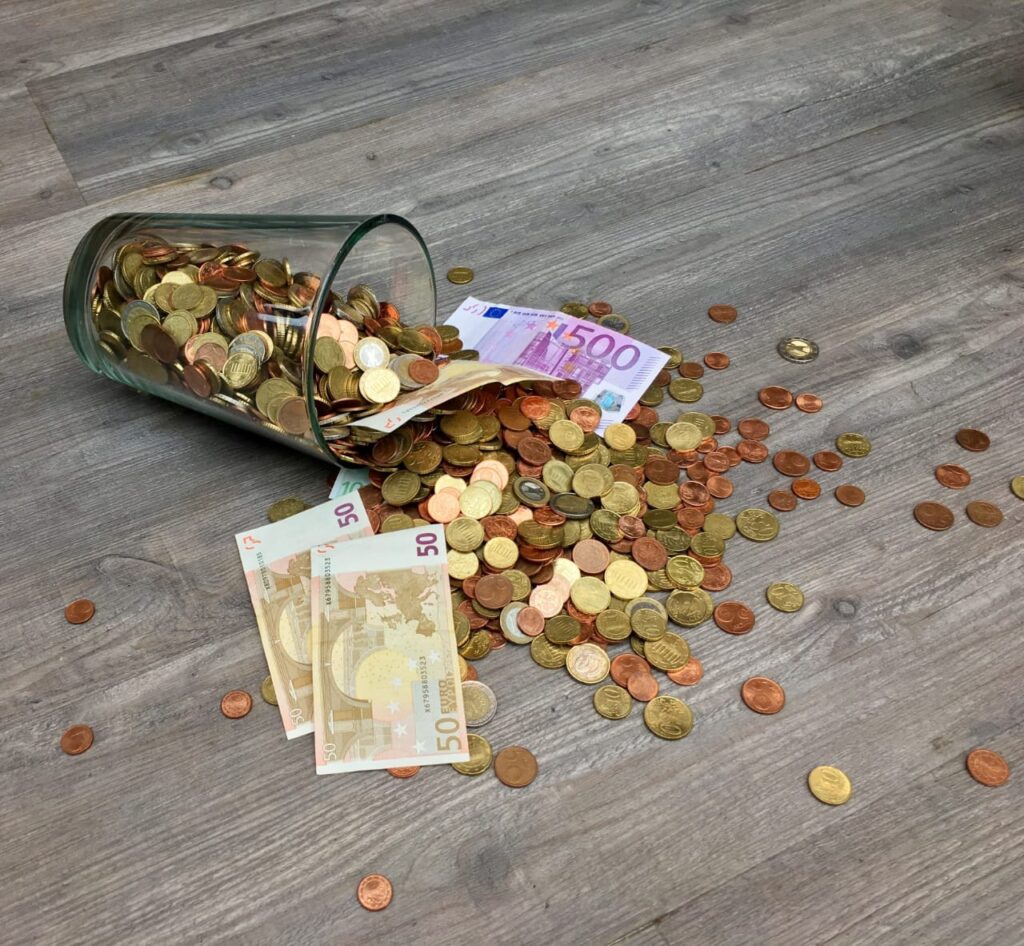Economic activity in the Eurozone fell for a second straight month in August, signalling that fears of a recession may already be coming to pass as record inflation saps demand and weakness seeps into more and more sectors. While August’s drop was driven by manufacturing, the post-lockdown rebound in services like tourism almost ground to a halt as consumers face steep gains in energy and food costs, according to business surveys by S&P Global.
Manufacturing was already down last month but the downturn has now spread to services, including tourism, which had helped some EU economies hobble through the summer. “Cost of living pressures mean that the recovery in the service sector following the lifting of pandemic restrictions has ebbed away,” said Andrew Harker of S&P Global Market Intelligence.

Euro area annual inflation was 8.9 % in July 2022, up from 8.6 % in June 2022. The reopening of the European economy in 2021 following the sudden shock of COVID-19 in 2020 is behind many of the factors that have caused prices to rise so quickly in recent months. Global supply chains have not yet recovered from production issues, travel restrictions, and workforce problems brought about by the pandemic. Rising energy costs have only served to exacerbate supply problems, particularly with regard to the transport sector, which had the highest inflation rate of any sector in the EU in December 2021.
“The euro-area composite PMI suggests the economy of the monetary union is sliding toward recession under the weight of soaring energy costs, and the worst still probably lies ahead. However, Bloomberg Economies doesn’t think the economic weakness will deter the European Central Bank from pushing through another large interest rate increase in September. Said by Bloomberg Economics.
EURO is the weakest currency compare to USD, GBP, AUD because of the NIRP. NIRP forces the ECB to continue to print without any possibility of tightening. Big corps will not park their money in Europe because of NIRP which is guarantee lost. That means ECB have to buy all the bonds that no big corps will absorb. Also, ECB cannot let it mature, they have to keep buying because again no companies buying it, otherwise other European countries have no money to fund the government. All those years of NIRP have made ECB accumulated so much debts that they cannot possibly raise rate and they destroyed the pension funds.
US and UK are still in positive rate territory, so there will be big corps park their cash in the bond market. So, the central bank can afford to tighten by raising rate, hence these currencies are relative stronger. USD will be the last game in town.




